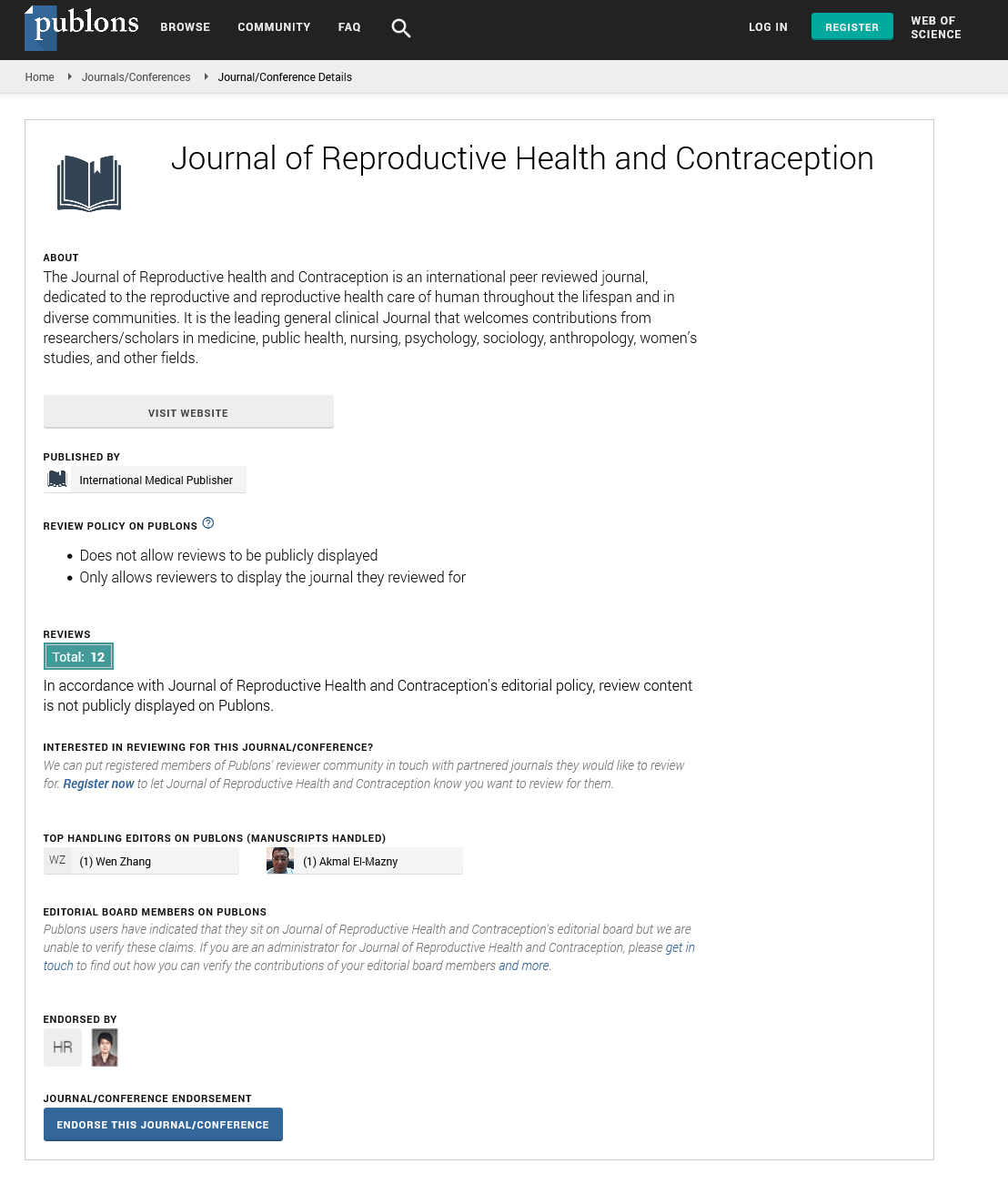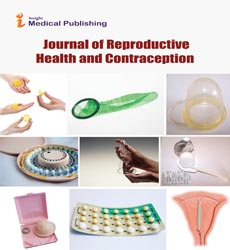Abstract
Why teach sexuality education in school? Teacher discretion in implementing comprehensive sexuality education in rural Zambia.
Background: Reproductive health problems such as HIV, unwanted pregnancy and unsafe abortion among adolescents are closely linked to insufficient knowledge about sexuality and reproduction and lack of access to contraceptives. Supported by international agencies, Zambia has introduced an ambitious nation-wide program for comprehensive sexuality education (CSE) to be implemented into ordinary school activities by teachers. The curriculum is firmly based in a discourse of sexual and reproductive rights, not commonly found in the public debate on sexuality in Zambia. This paper explores how teachers perceive the curriculum and practice discretion when implementing the CSE in mid-level schools in Nyimba district in Zambia. Methods: Using a case study design, data were collected through in-depth interviews with 18 teachers and analyzed thematically drawing upon theories of discretion and policy implementation. Results: Individual teachers make decisions on their own regarding what and when to teach CSE. This discretion implies holding back information from the learners, teaching abstinence as the only way of preventing pregnancy or cancelling sexuality education sessions altogether. Teachers’ choices about the CSE program were linked to lack of guidance on teaching of the curriculum, especially with regards to how to integrate sexuality education into existing subjects. Limited prioritization of CSE in the educational sector was observed. The incompatibility of CSE with local norms and understandings about adolescent sexuality combined with teacher-parent role dilemmas emerged as problematic in implementing the policy. Limited ownership of the new curriculum further undermined teachers’ motivation to actively include CSE in daily teaching activities. Use of discretion has resulted in arbitrary teaching thus affecting the acquisition of comprehensive sexual and reproductive health knowledge among learners. Conclusion: The CSE had limited legitimacy in the community and was met with resistance from teachers tasked with its’ implementation. In order to enhance ownership to the CSE program, local concerns about the contents of the curriculum and the parent-teacher role dilemma must be taken into consideration. Not addressing these challenges may undermine the policy’s intention of increasing knowledge about sexuality and reproduction and empowering adolescents to access contraceptive services and avoid unwanted pregnancies.
Author(s): Marte E. S. Haaland
Abstract | Full-Text | PDF
Share this

Google scholar citation report
Citations : 201
Journal of Reproductive Health and Contraception received 201 citations as per google scholar report
Journal of Reproductive Health and Contraception peer review process verified at publons
Abstracted/Indexed in
- Google Scholar
- China National Knowledge Infrastructure (CNKI)
- WorldCat
- Publons
Open Access Journals
- Aquaculture & Veterinary Science
- Chemistry & Chemical Sciences
- Clinical Sciences
- Engineering
- General Science
- Genetics & Molecular Biology
- Health Care & Nursing
- Immunology & Microbiology
- Materials Science
- Mathematics & Physics
- Medical Sciences
- Neurology & Psychiatry
- Oncology & Cancer Science
- Pharmaceutical Sciences


